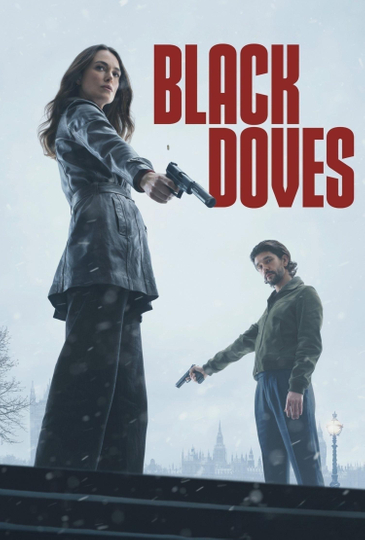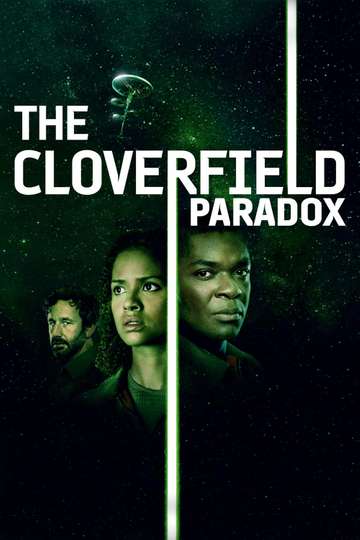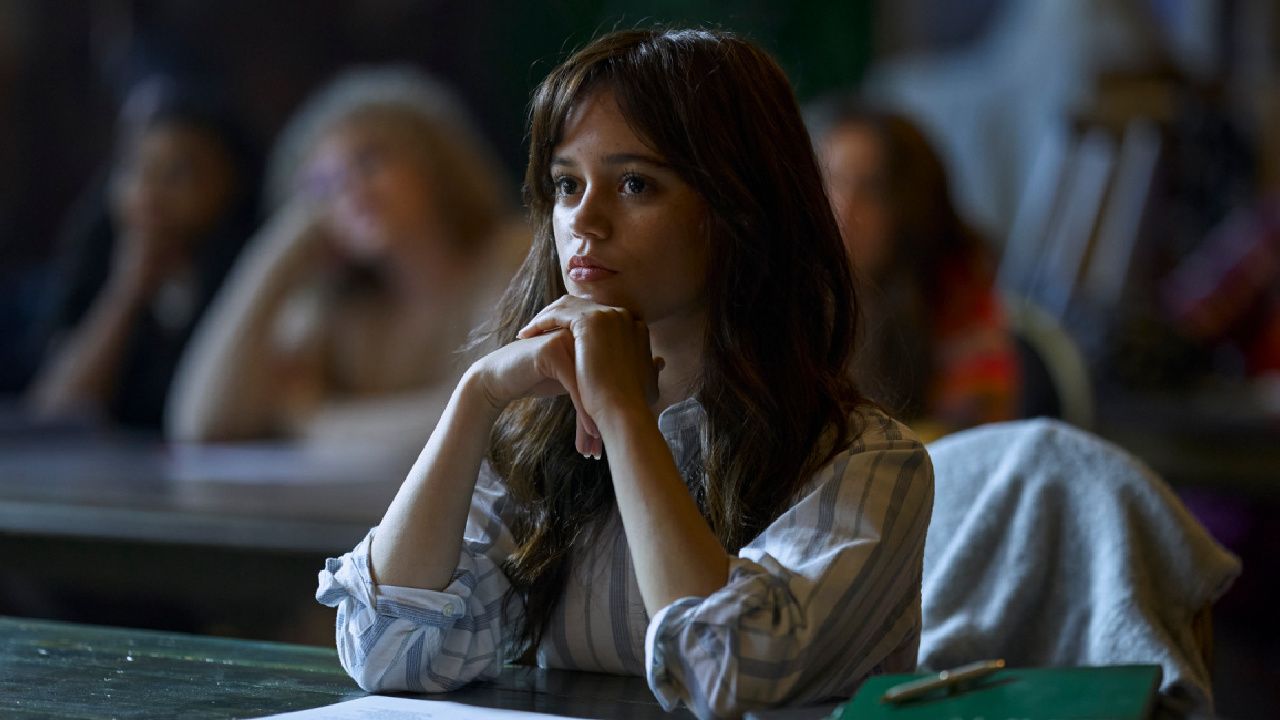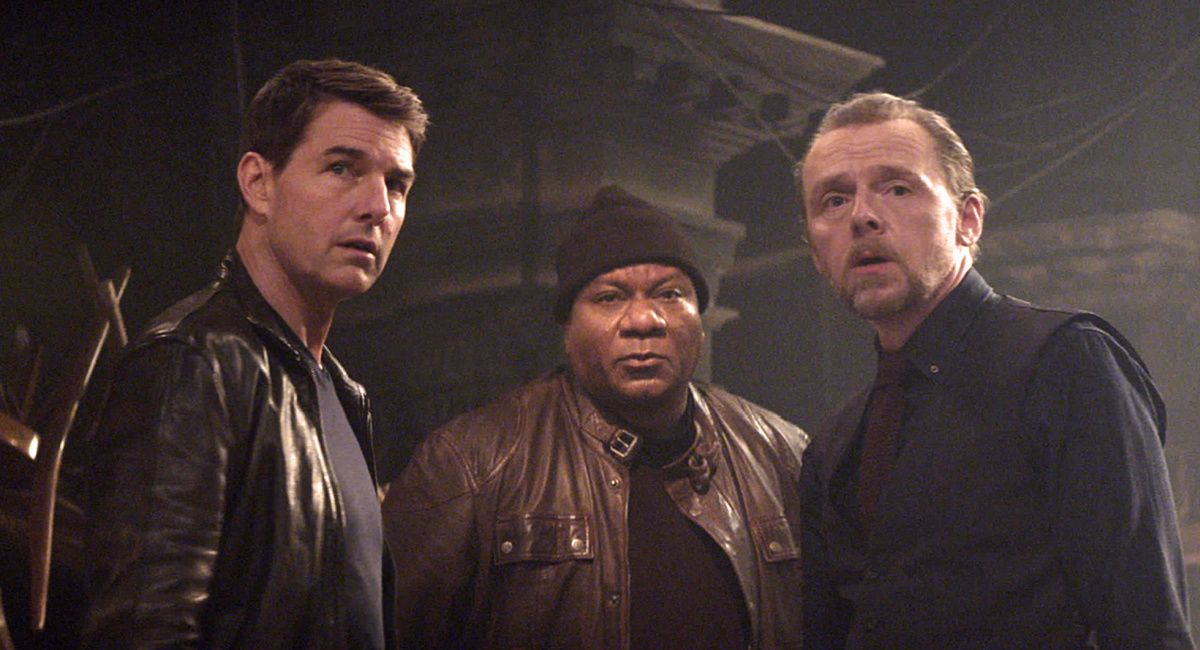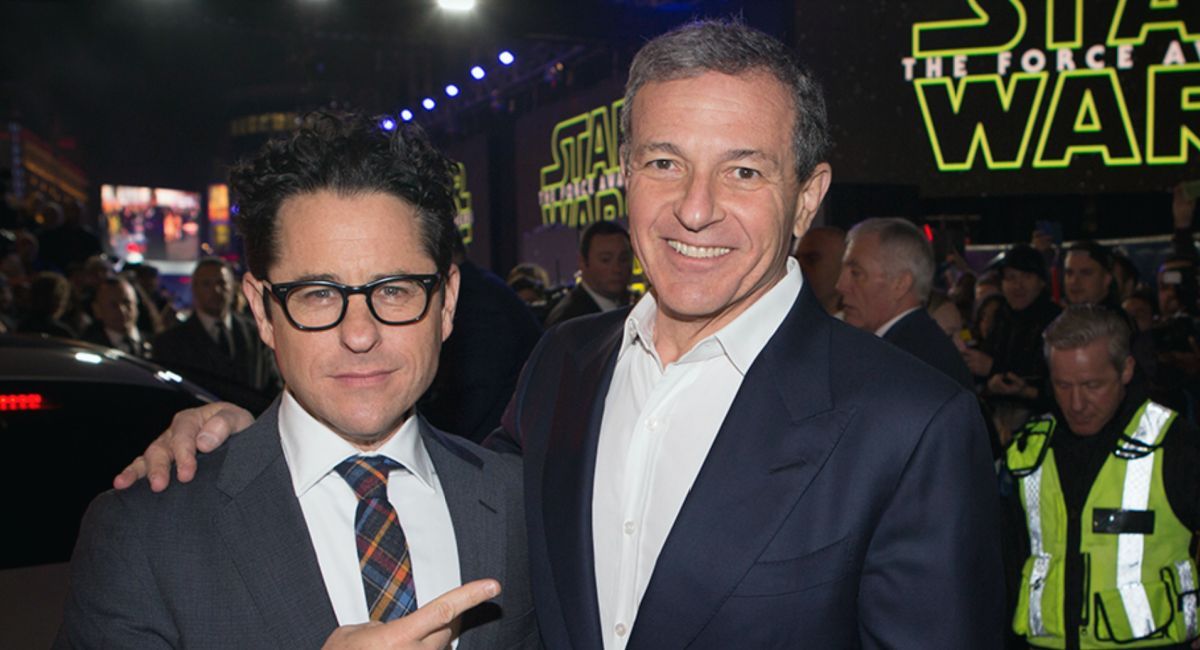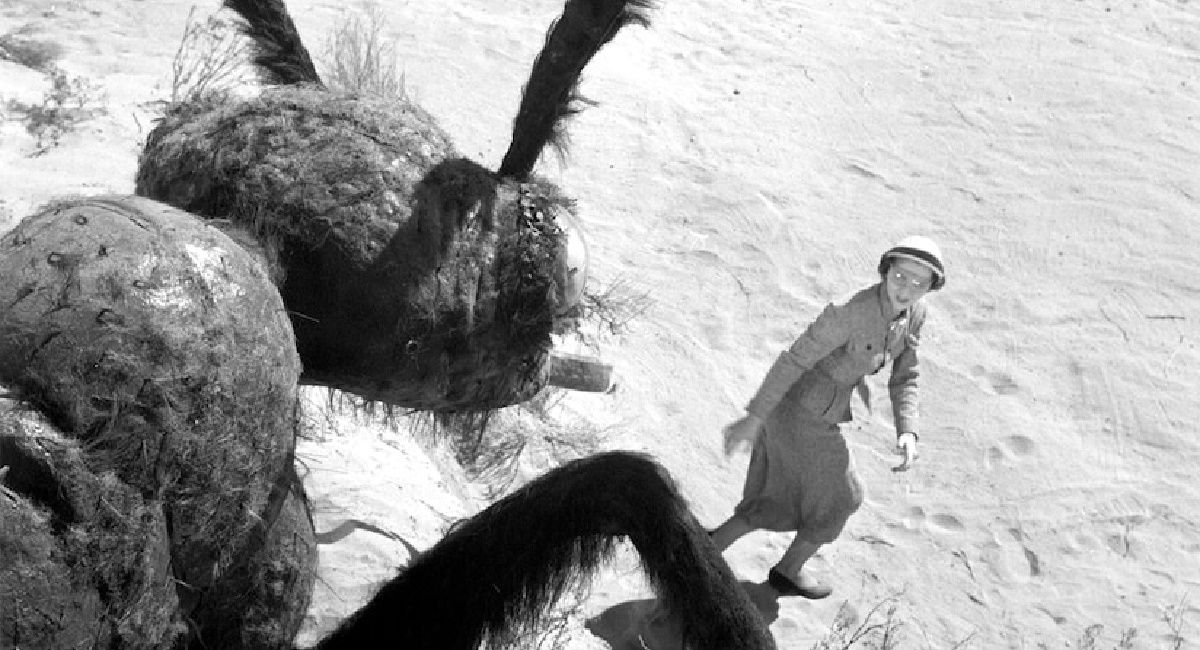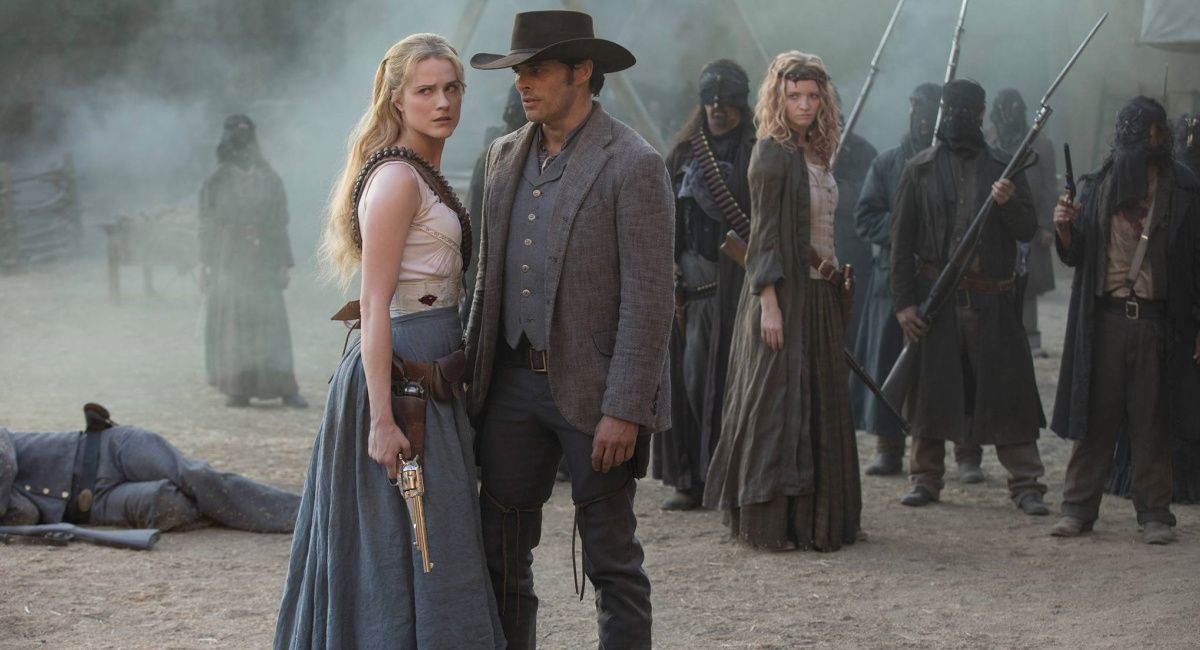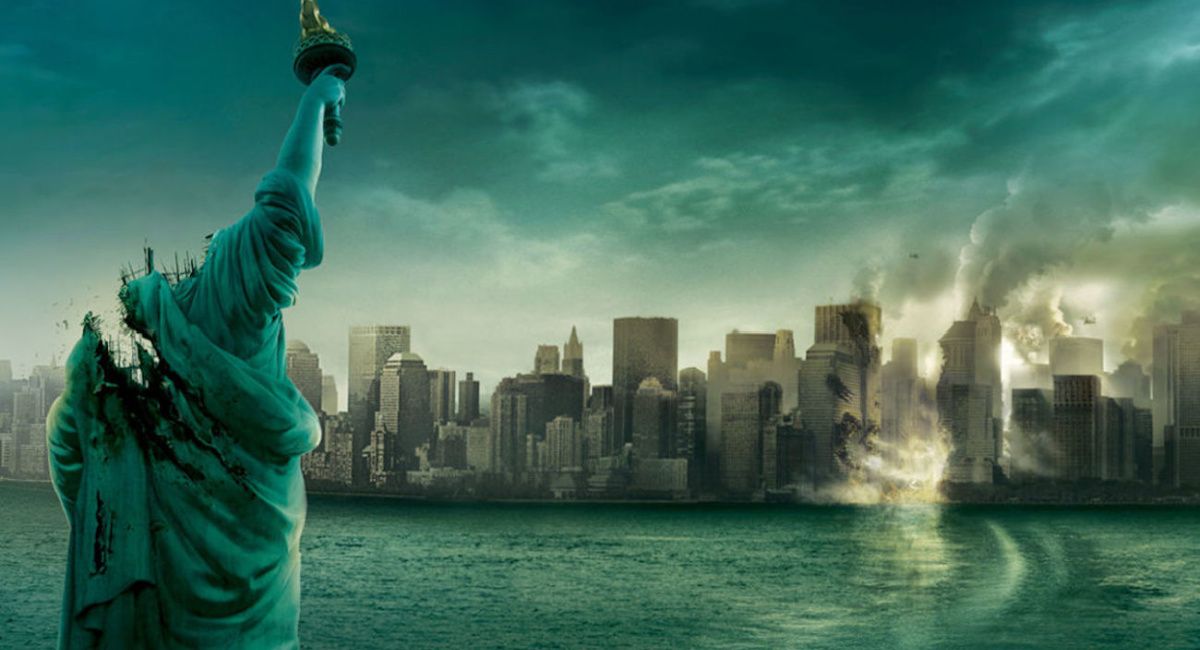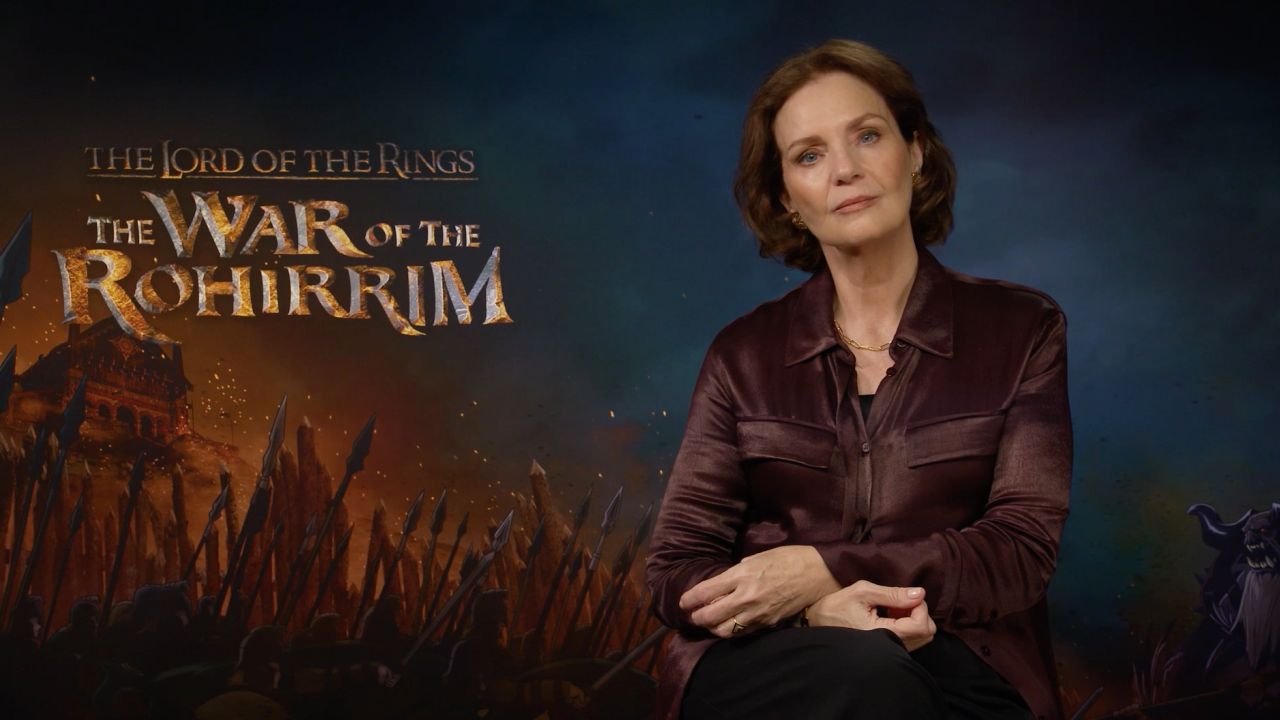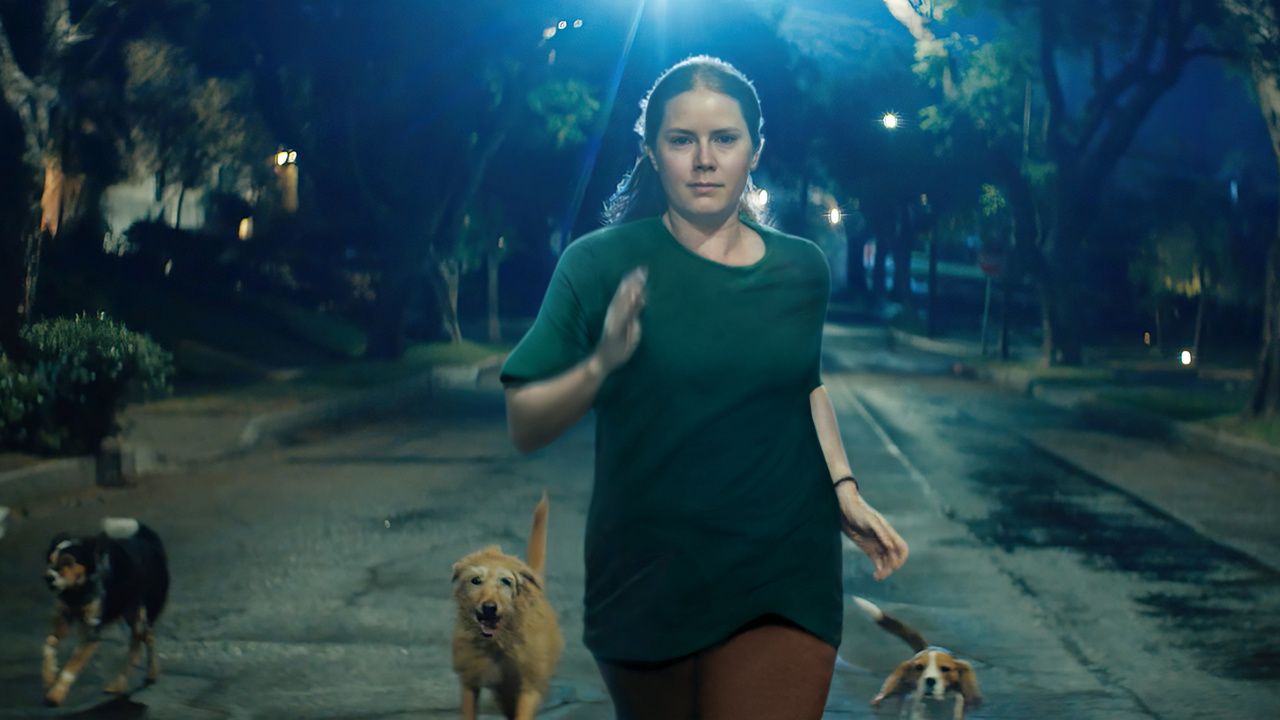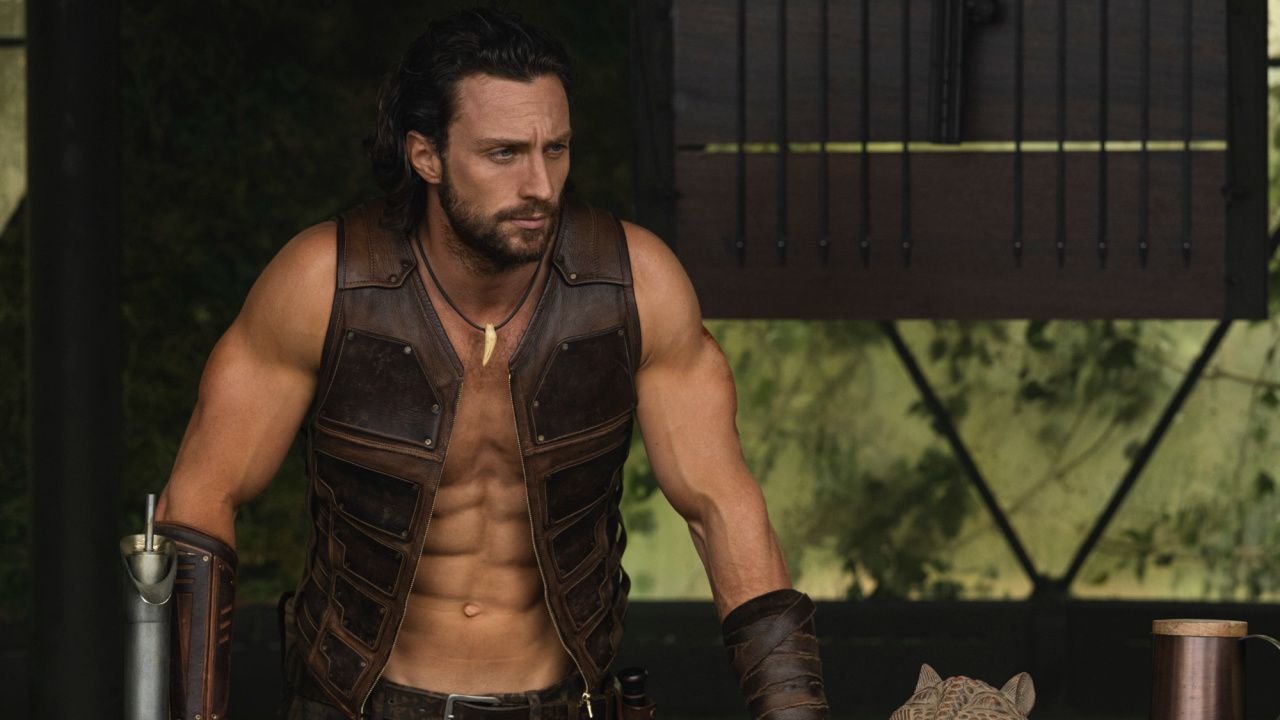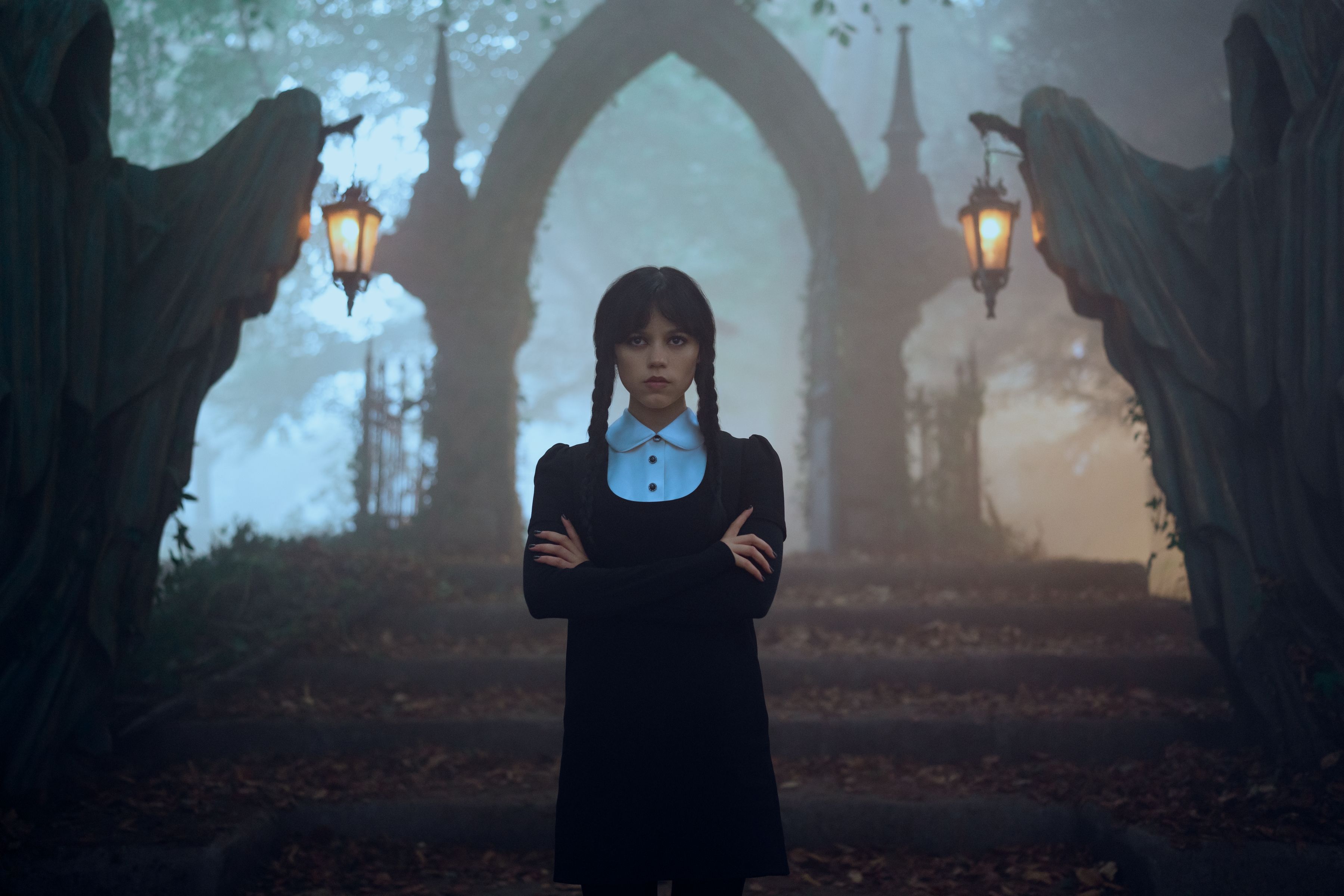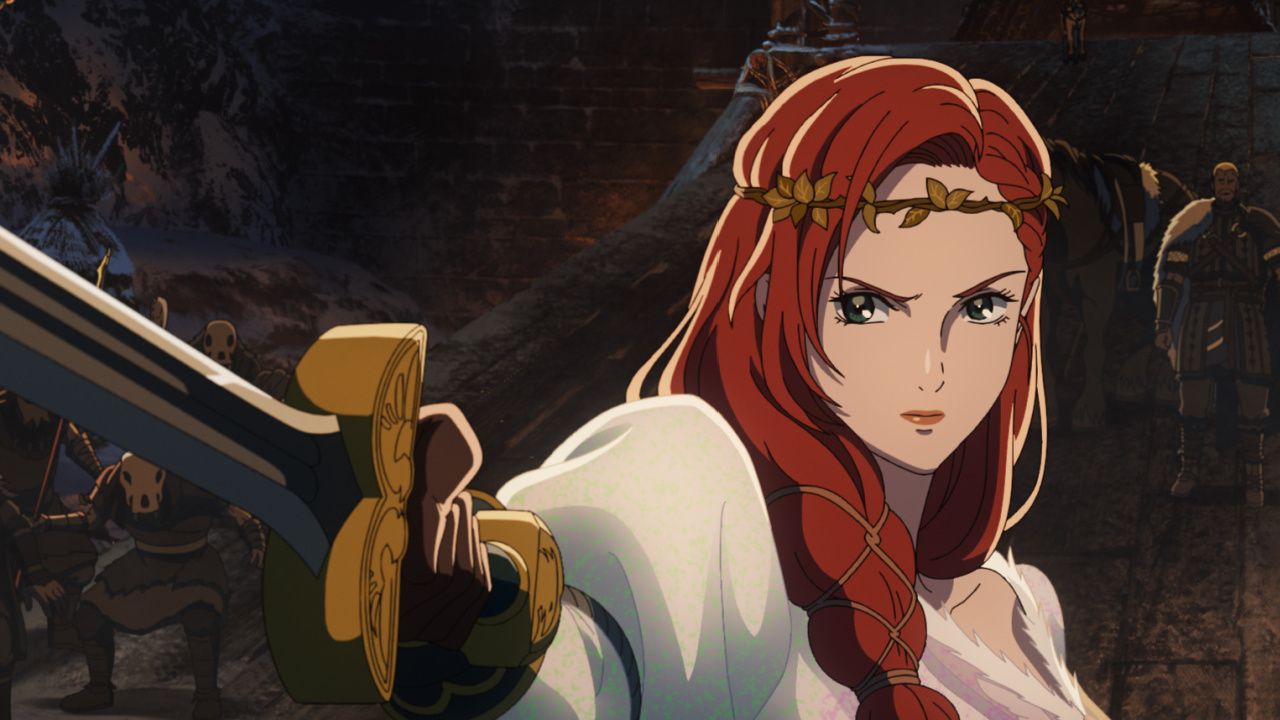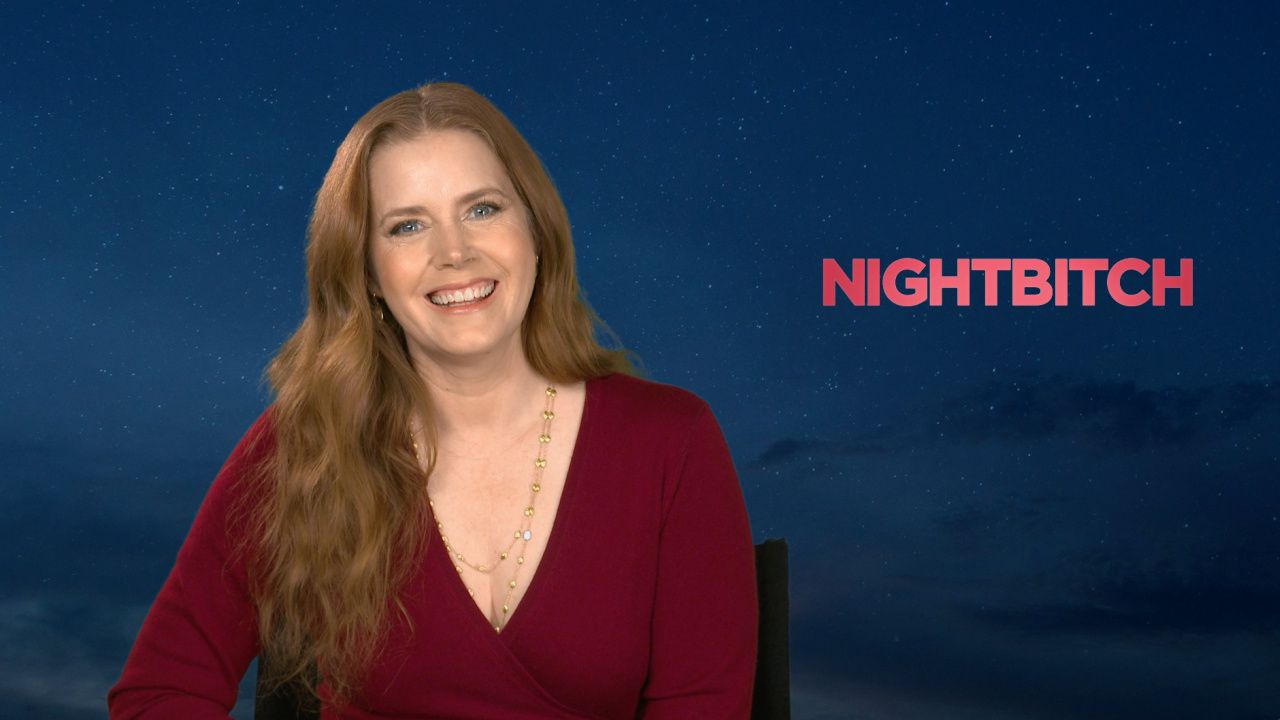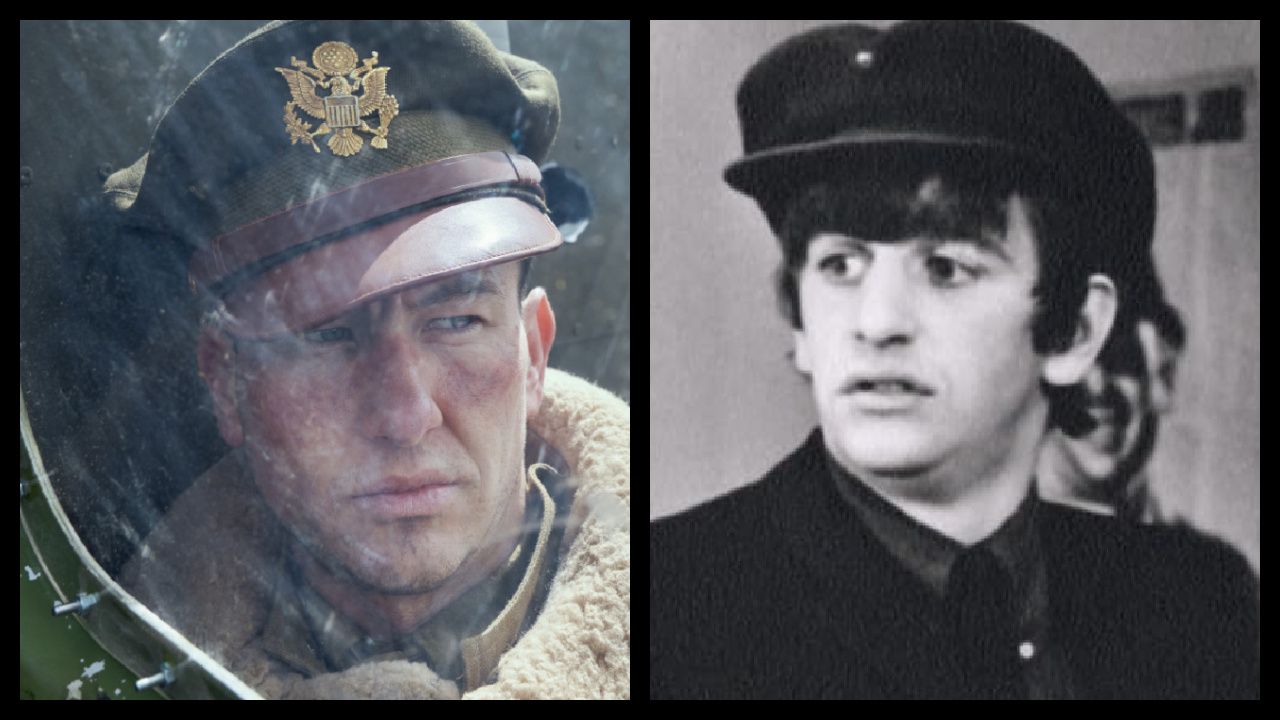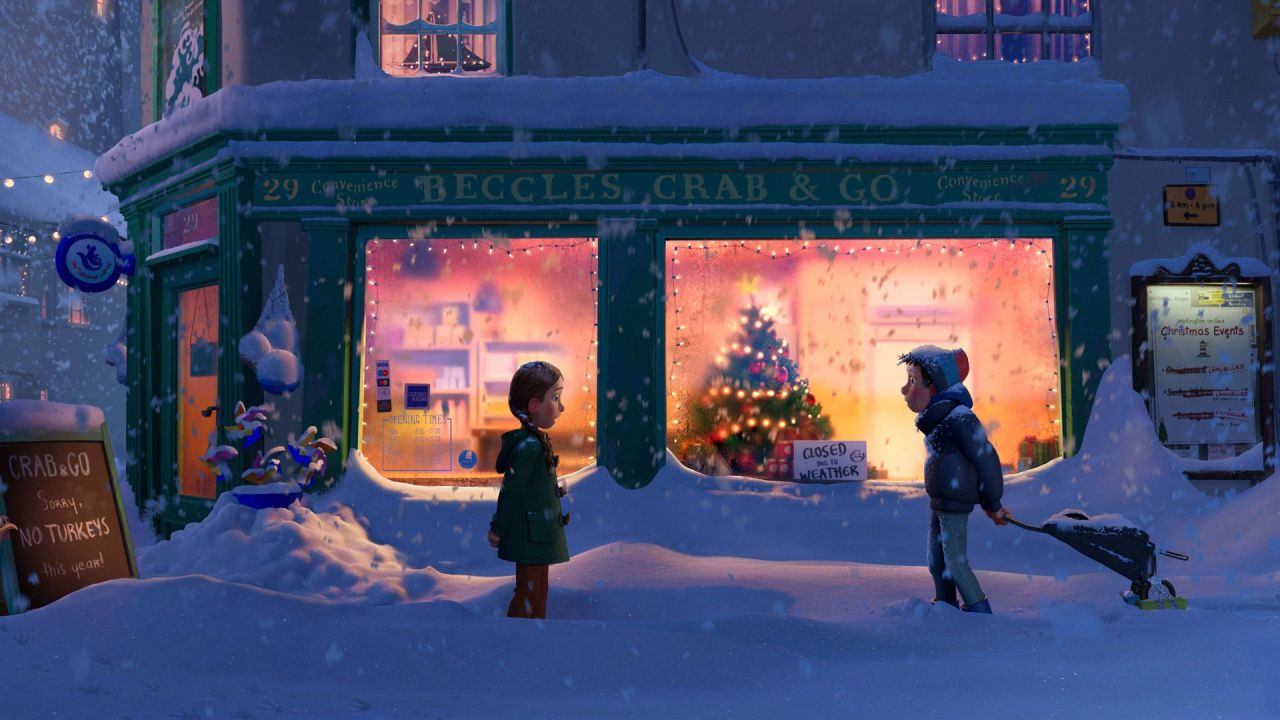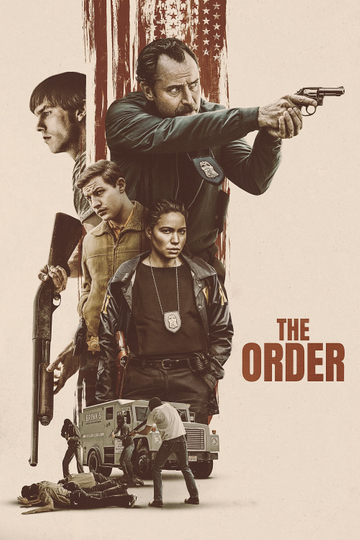12 Reasons Why 'The Cloverfield Paradox' Is the Worst Movie of 2018 So Far
SPOILER WARNING: DO NOT READ IF YOU HAVE NOT WATCHED THE MOVIE YET.
"The Cloverfield Paradox" is a mess.
The dumped-on-Netflix sci-fi effort from J.J. Abrams' Bad Robot and Paramount is VOD-level, Redbox-quality entertainment. It could have been a cool, one-off in the vein of "Event Horizon." Instead, it's largely a waste of time and a crippling entry in the "Cloverfield" franchise, which is supposed to be comprised of "Twilight Zone"-type original genre ideas with some sense of connective universe tissue, reaching back to 2008's found-footage monster rampage, "Cloverfield."
Tons of reshoots clearly had a less-than-stellar effect on the final product, which centers around the crew of a space station stranded in an alternate dimension.
Their mission was to save the Earth's energy crisis by using a space station-sized super particle collider/accelerator. But instead of doing that, they tore a hole through reality and good movie making.
This insanely-good international cast -- headlined by Gugu Mbatha-Raw's Eva and David Oyelowo's Commander Kiel -- is largely wasted here. We don't really care about any of these characters, so that leads us to focus on all the things wrong and broken with this movie. The 12 most notable ones include:
1.How does Mundy's (Chris O'Dowd) severed arm know anything?!
This is a big one, guys. Think about it: Mundy's arm, for some reason the movie doesn't really explain (because apparently being in a parallel dimension means ANYTHING can happen), phases into a bulkhead and then somehow gets severed.
Then, the lost limb resurfaces and it knows things and motives about one person among the crew, enough to write warnings about them in marker. And don't get us started on the arm pulling a Thing from "Addams Family" and scurrying about. That's never not funny -- in a bad way.
And speaking of O'Dowd...
2. Why is Mundy acting in a different movie?
His wit and attitude fit the tone of what one would expect from a good/normal Bad Robot movie. But O'Dowd's performance, tonally, is off with the rest of whatever is going on in "Paradox."
We're betting that one of the only things that survived the reshoot performance was his character's sense of humor. He, and the rest of the impressive cast, deserve a better movie to showcase their talents.
3. WHY DOES THAT SEVERED ARM KNOW ANYTHING?!
Ahem. Moving on...
4. We're given no real sense of geography on this space station.
Most movies give audiences an establishing shot of a spaceship or space station where the action is to take place before swooping the camera all around because reasons. We're denied that basic visual here until about 15, 20 minutes into the first act.
As a result, the audience lacks any sense of orientation as to where the characters are moving or going; they just appear on sets to do whatever the plot needs done. The geography in this movie is muddy at best; knowing where your characters are and why they are there -- and how they get there -- is important to help the audience engage with their plight and the emotional stakes of why they are dealing with it. Otherwise, instead of rooting for our heroes or holding our breath with them, we are left scratching our heads and wondering where and why things are happening.
The last thing you want to do is be more focused on the broken geography of a scene than you are on the characters in it.
5. Why are the characters not more shocked that the Earth they know has vanished?
They are more annoyed than in shock. Which is not even close to a normal human's reaction to realizing your world is literally gone. This crew has a more relatable reaction (disgust) to the sight of wires fused into the leg of the woman that they found behind a circuitry panel. And, speaking of...
6. How did that woman get into the wall? And why does NO ONE ask or care about why or how she got there?
Again, there are no rules here. This alternate dimension rolls like that.
The best way to try to establish a sense of rules, and therefore help ground and orient the characters' extraordinary situation with ordinary/relatable drama for audiences, is by having the characters ask these questions aloud. To themselves. But no one does. Sure, it results in exposition, but that's better than what is done here. They just accept that, somehow, people can cross over from one dimension to another by way of fusing somehow with the walls and the tech within.
What a wasted opportunity to explore a new wrinkle to the "alternate reality" trope. We could have had a cool scene where the characters muse that the particle accelerator Shepard not only carved a hole between two universes, but that it somehow Swiss Cheese'd the borders between them. Characters can step through to crossover or get violently and suddenly plucked through to end up half human, half wall socket.
7. Why does the crew of this space station so readily believe and trust Jensen (Elizabeth Debicki), the woman they JUST FOUND INSIDE A WALL?!
This movie, you guys... Would you take the word of a woman you have never met before, who knows you, on face value? A woman who materialized inside a wall?
The crew can't be bothered to ask why or how she got there, but they are totally onboard with her warning of not to trust someone they have known for two years because -- presumably -- his doppelganger back in this alternate reality is a bad dude. That makes no sense for this crew of supposedly smart people to stupidly believe the Wall Woman.
8. How does Schmidt (Daniel Bruhl) get out of the place to which he was confined?
When we last see Schmidt, he is locked inside what looks like a corridor with two entrances on either end of the hall. No idea if the one behind him is locked, but the door in front of him is. So how does he get out to come to the rescue in the third act? Who let him out?
Mundy's arm? It was Mundy's arm.
9. Why does Mundy's nano-tech sealant stuff become sentient and try to kill him?
Before Mundy dies, the section of the station he is in has suddenly becomes dangerously magnetic. Metal tools and screws start flying through the air and cling to the magnetized wall. And unbeknownst to Mundy, his metal sealant has begun to unravel into very pointy, very stabby tendrils on course to run through his back. Which would make sense. And be, you know, a kinda cool death.
But this is "Cloverfield Paradox." It would make too much sense for this to happen.
Instead, they become sentient tentacles that grab him, yank him back to the opposite wall, and try to enter his mouth and stab/devour his right eye. And then the area he is in blows up while he is mid-death rattle. This movie hurts the brain.
10. If our planet is in an energy crisis, what sense does it make to build and launch Shepard?
If Earth is on death's door with its energy reserves, maybe that's because its countries spent a ton of money and effort to make a particle collider that can only be used in space.
Wouldn't it make more sense to spend that money on a more planet-based solution? Huge plot hole.
11. And assuming Shepard works and makes the thing necessary to fix Earth's energy problems, how do they plan to get it back to Earth? If the experiment that made it was so dangerous, then wouldn't the thing that saved the planet be equally dangerous to transport back to the place it couldn't be created on to begin with?
You got us on this one, guys. The filmmakers didn't think of a good reason there, so why should we?
12. So, in the final shot, is that the Cloverfield monster from the 2008 movie?
No. It is an alternate version of it. One that is much bigger than the skyscraper-sized terror from Matt Reeves' much better movie.
Eva's capsule crashes down on an alternate Earth, one besieged by multiple Cloverfield monsters it seems. And yes, that means that the movie's attempt to re-connect with the events of 2008's film don't make sense or succeed.
Someone should have put this movie out an airlock.
The Cloverfield Paradox







